Walking the Talk for Dementia – The Camino for Brain Health
A walker’s diary by Iracema Leroi, GBHI faculty member, recounting her 50 km journey on Camino De Santiago with people working, researching and living with dementia.
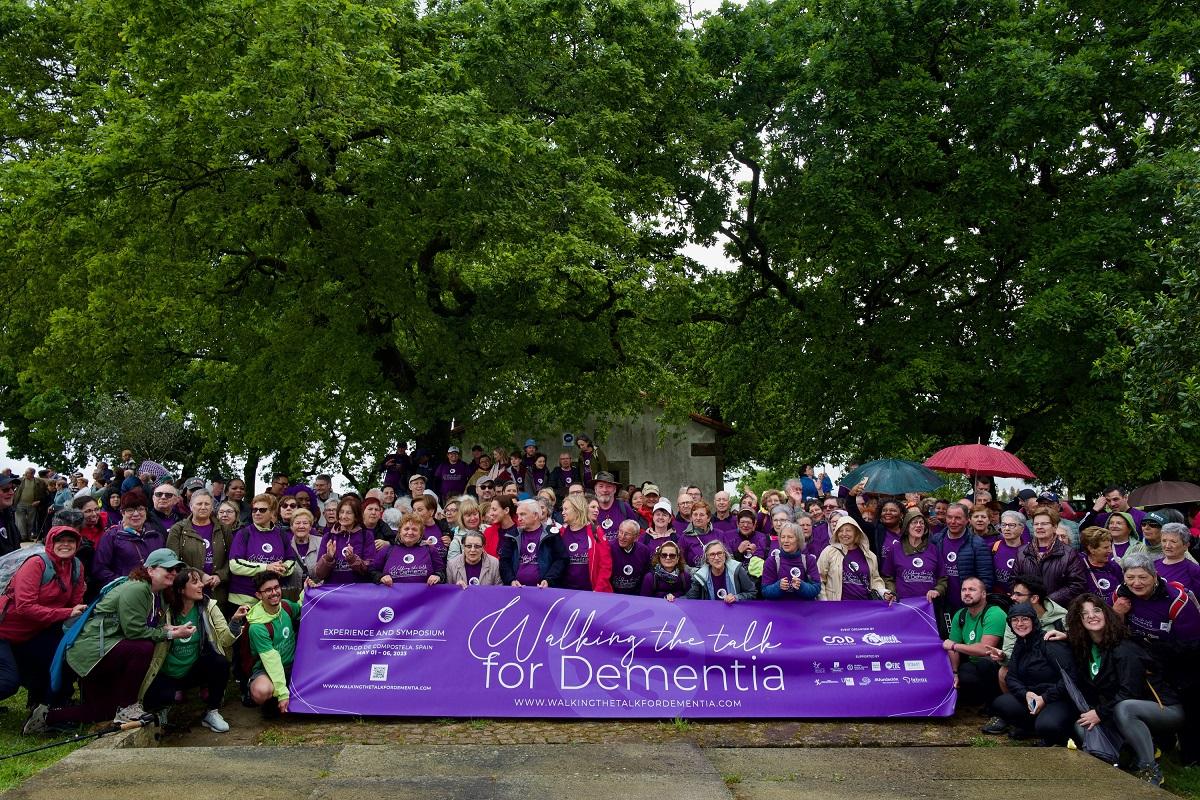
Day 1: Sunday, April 30
And so, it began. The walkers arrived from Singapore, Brazil, the Netherlands, England, Ireland and the US. They flew in from Namibia, South Africa, and Zimbabwe – a grueling trip via Dubai and Madrid. All have given up a week of their busy lives to join in a pilgrimage of hope – ‘Walking the Talk for Dementia’, along the ages old Camino in northern Spain. Meeting at Santiago de Compostela, the traditional end point of the 500-mile pilgrimage, our group has gathered to spend some days hiking the ancient trail to raise awareness of the humanity of dementia.
We met for a welcome dinner at a local monastery-turned-restaurant. I was introduced to Berrie from Namibia, a minister and expert in Semitic languages, who has set up the first dementia support community in his country; ironically, he too now lives with dementia. We chatted in Afrikaans, a language I have not spoken for over 30 years. I met Kate, a professor of nursing and dementia expert from Dublin whose daughter wants to be a ballerina. Then there is Kevin and Helena from Cork, advocates for Lewy body dementia, and daily ‘living the talk’ about dementia. Melissa from Singapore, now promoting brain health in corporate settings via her new post at the University of Luxembourg, and Khanyo, a geriatric psychiatrist from Durban, were happily reunited after their year-long Atlantic Fellowship for Equity in Brian Health in Dublin at the Global Brain Health Institute in 2022. Both Khanyo and Berrie are working to overcome stigma against dementia in sub-Saharan African, challenging notions of people with dementia being witches and those possessed. Other Atlantic Fellows for Equity in Brian Health are Clara, a neurologist who lives in Santiago and one of our gracious hosts, and Fernando, a brain health communicator and journalist, who is the inspiration behind this great adventure. Silvia, another neurologist and Atlantic Fellow from Spain, joined us in anticipation of the walk ahead.
There will be many stories to discover and share over the next seven days. Now our task is to pack our rucksacks, ponder the maps and line up the blister plasters.
Day 2: Monday, May 1
We started the day with breakfast in the monastery hotel at 7am. Over churros and tortillas Españolas, Don, from New York, talked about his music and memory work, fostering individualized music programs for people in care homes. He has trained hundreds of care teams to share personalized music with people living with dementia.
After breakfast, we piled into the bus to be taken to the furthest part of our walk, the town of Sarria, the regional capital and the most popular starting point for Camino; it allows pilgrims to cover the requisite distance of 100 km before reaching Santiago. Before setting off, we met up with the Galician Alzheimer group who were to be our companions for the day. Pilgrim passports were handed around and water bottles were filled as we set off on our 8 km walk through the pastoral landscape to Portomarin. The final instructions from Fernando before heading off were, ‘DON’T stamp your real passport! It will be confiscated at the airport!’
We were blessed with a gentle sun as we made our way up the first set of hills, walking sticks in hand. The group, about 40 of us, naturally split into sets, sometimes of two or three, and at times 6 or 7. The walkers flowed naturally among each other, picking up and dropping off conversations. The conversations were explorations, inviting each person to see their own world of dementia through a fresh perspective, touched by the insights and rich experiences of their fellow walkers.
Lebo, from Johannesburg, talked about the challenges faced with trying to discuss dementia in many African languages, since an acceptable word for dementia often does not exist. Why not start a conversation with fellow African dementia leaders about finding a common name for dementia? Today was a year since his father had been diagnosed with frontotemporal dementia.
Ruth from Dementia Singapore shared her remarkable work, Voices for Hope, which trains people with lived experience to be advocates and communicators for dementia. We shared ideas about how people can become more empowered in their relationships with their healthcare teams. Elaine bobbed along the path with her backpack covered with fabric wristbands of her Brazilian compatriots from the Brazilian Federation of the Alzheimer’s Association. She is walking for all of them.
Des, a discerning advocate for Lewy body dementia, talked about the three years since his diagnosis and his mission to educate and impart insights from his own lived experiences. The Camino has allowed him to share his world with others who are living and working in the dementia space, going beyond the medical model.
The gentle green of the landscape, the sounds of birds and streams, all added to the almost mystical feel of the ancient road. It was hard not to feel the presence of the thousands of pilgrims who had passes this way over hundreds of years. This atmosphere engendered a sense of sharing, a common humanity, and a feeling of hope.
With tired feet and a feeling of peace as well as excitement, we stopped for a three-course lunch before heading back to the monastery. After only a day, the conversations are already flowing.
On to Day 3.
The conversations were explorations, inviting each person to see their own world of dementia through a fresh perspective, touched by the insights and rich experiences of their fellow walkers.
Day 3: Tuesday, May 2
Today’s pilgrimage was the 12 km between Pala des Rel and Melide were. We set off at 9am with the glorious sun shining down on us. We were joined by a few late comers – Agustin, an Atlantic Fellow and cognitive neuroscientist from Argentina, now living in Dublin, and Temi, a neurologist from Nigeria. Like Berrie from Namibia, Temi is also leading a campaign against the persecution of perceived witches in Africa. They both tell heart-breaking stories of older women being chained up or killed because they acted in atypical ways due to dementia. Berrie goes on ‘witch hunts’ to find women with dementia to offer support and guidance; Temi, up north in Nigeria, conducts ‘witch clinics’ to identify those who may have dementia and to provide a meaningful diagnosis and guidance.
I shared the bus ride with Valli, beloved spouse and supporter of Des. We brainstormed on ways to address some of the challenging aspects of living with Lewy body dementia, in between descriptions of how to make the best Egyptian foul and roasted eggplant. Valli, originally from Egypt, is one of nine siblings, all of whom are supporting Valli and Des in their dementia journey.
The soft green of our surroundings was fitting for the atmosphere of connection, hope and sharing that permeated the group. A few people struggled on the walk, supported by the rest of the group. The pace was set by the last person in the group. We stopped along the way for Camino stamps in our passports (Agasallos, A Ponte, Tabernas Casanova…) and a cold beer or ice cream, grateful for a few minutes in the shade.
On one of the breaks, I chatted to Michelle and Paul from Australia. Paul, a plumber, is Michelle’s husband. She is a First Nations Policy expert working to foster Indigenous health. She is walking for her father who is in the early stages of dementia. She talks about the significantly greater risk of developing dementia that Indigenous people in Australia face compared to non-Indigenous Australians.
We stopped for lunch at A Garnaca in Melide, the end point for the day, feasting on pulpo and tortillas, washed down with wine in little porcelain bowls. The bowls served double duty as post-prandial coffee cups. We were joined by Wendy, head of research and publications at Alzheimer Disease International. It was Wendy’s first day on the walk and her passion for her work advocating for access to good care for people with dementia around the world is clear. Wendy and I sat across from Charlėss, a Dutch nurse and dementia researcher now living in Belgium. She specializes in developing approaches to support palliative care decision making for people with dementia. She encourages people to start their conversation about end-of-life early, demystifying death.
Our group has bonded in a magical way, all on a shared journey of learning, sharing and discovery. Fernando was concerned that we would chat about anything but dementia. Instead, every snippet of conversation I overhear as I stroll through the group concerns some aspect related to dementia. Dementia is what binds us on this Camino.
I have been immersed in the field of dementia every day of my working life for over 25 years, yet these rich conversations are bringing new insights and inspirations and fueling my need to keep moving forward in my work.
Day 4: Wednesday, May 3
Day 1 was filled with anticipation, excitement and bit of trepidation.
Day 2, our first walking day was one of discovery – discovering each other, our walking muscles, the beauty of the Camino
Day 3 had high emotions – tears from some, deep reflections from others as tiredness set in, and sharing of complex stories.
Day 4, today, was one of exuberant joy, laughter and fun. The end was close, and everyone had succeeded so far. Each walker had shared time and stories with every other walker. The group had bonded amazingly. This manifested in an outburst of cheering, clapping and a spontaneous ululating competition between tables at lunch. Valli kicked it off with her Egyptian rendition of lateral tongue ululates. Maureen followed with a Zimbabwe horizontal tongue ululate and a little wiggle, while standing on the bench. Garcia from Granada drew cheers with his tenor rendition of Valli and Maureen’s efforts. Maria, one of the support team from Cordoba, ended with a massive Gallic ‘olé’.
Heading back to the hotel after another tiring but deeply satisfying day, we prepared for the finale on Thursday, when we would process into Santiago by midday.
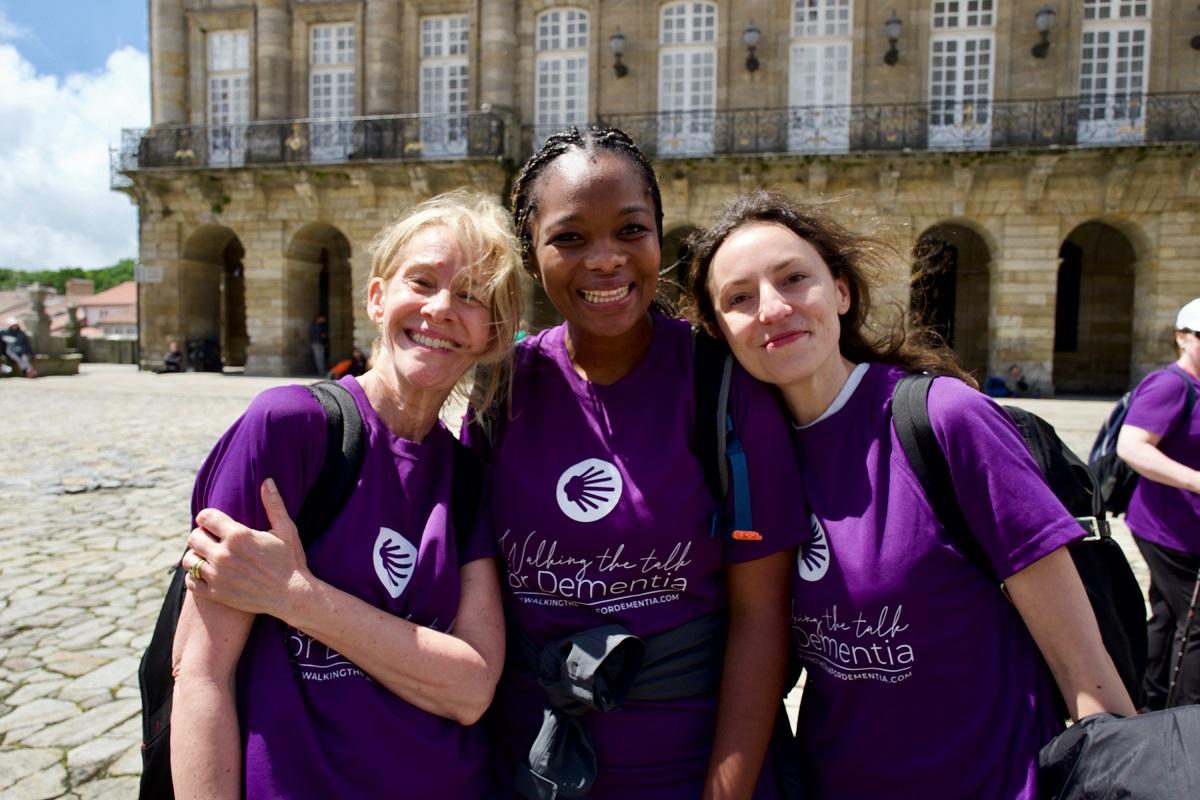
Wendy Weidner, Alzheimer Disease International with Global Atlantic Fellows Khanyo Ngcobo and Ştefania Ilinca
Day 5: Thursday, May 4
We started Day 5 exhausted after a night of rainstorms that few were able to sleep through.
We were joined by Brian Lawlor, GBHI Site Director at Trinity College, who had flown in late the night before, and various others, including a reporter from the Guardian, all of whom wanted to share the final leg with us.
I met Fernando in the starting point. He was glum and disappointed due to the heavy rain. We reassured him that rain was part of the genuine Camino experience.
We set off climbing a small hill for about seven minutes, and as we reached the top of the first hill, the rain stopped, and as the clouds cleared, we spotted a crowd of people gathered at the foot of the hill on the other side. As we descended, it became clear that these people were wearing purple shirts and had arrived to join us for the remainder of the walk. It was magnificent.
So with new walkers, we had become a group of nearly 300 people, all in purple t-shirts, walking in solidarity to the city centre. The police were pulled in to manage the traffic as we crossed the roads at the city perimeter. The Irish contingent broke into song, but with over 30 countries represented, few others could keep up. The Africans and Americans tried with Amazing Grace, allowing most of the English speakers to chime in.
As we approached the old town and passed through an archway leading to the cathedral, a haunting bagpipe melody greeted us. It turned out to be busker sheltering from the rain; however, as we entered the square, four folk musicians struck up a tune in our honor. It was a fantastic moment of togetherness. For the walkers with dementia, the moment seemed particularly poignant. It has been an incredible experience for everyone and we’re all deeply grateful to the magnificent organization and vision of Fernando, Clara and his team. The week has been transformational for so many. People with dementia have walked alongside researchers, advocates, entrepreneurs, community organizers, and clinicians. We now have two days of talks and presentations, with each person sharing their work and consolidating the conversations started on the walk.
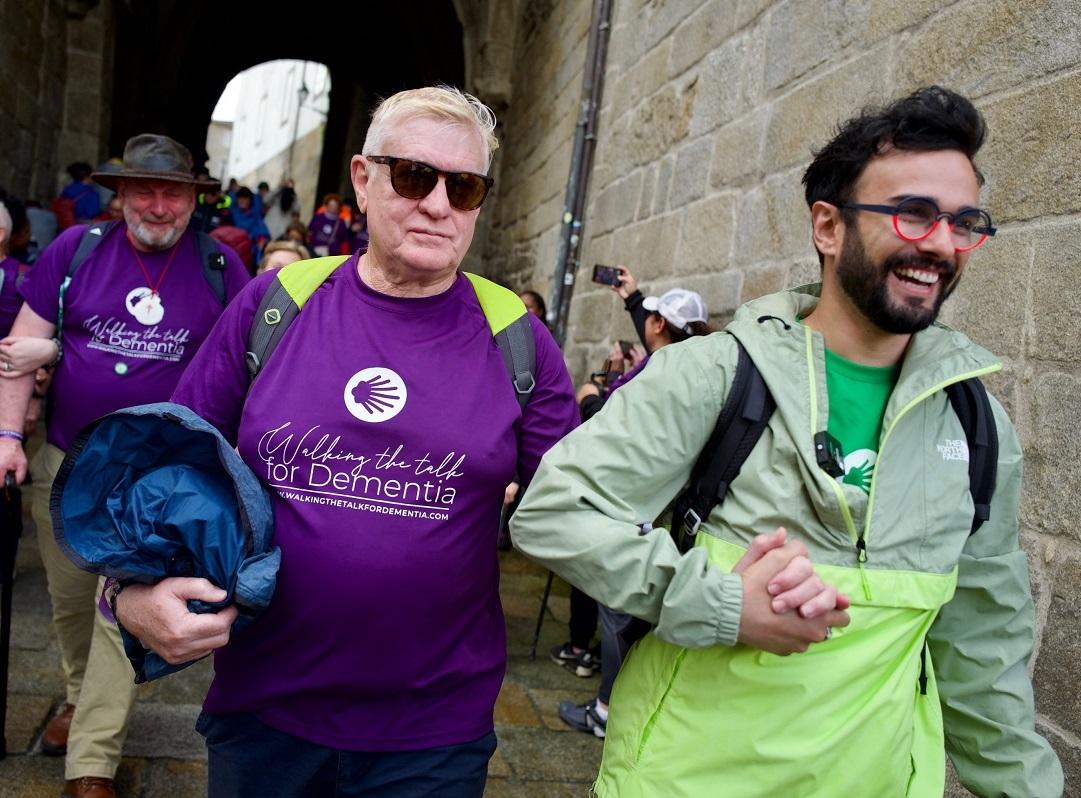
Walkers enter Santiago with a jubilant Fernando Aguzzoli Peres leading the way
Photos by Global Atlantic Fellow Alex Kornhuber
Authors

Iracema Leroi, MD, FRCPC, MRCPsych
Site Director, Trinity College Dublin
GBHI Members Mentioned
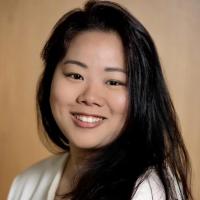
Melissa Chan
Service Designer and Social Entrepreneur
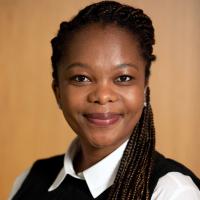
Khanyo Ngcobo, MBChB, FcPsych, MMed
Psychiatrist
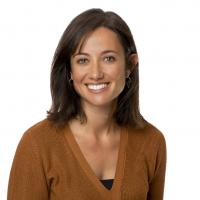
Clara Domínguez Vivero, MD
Neurologist
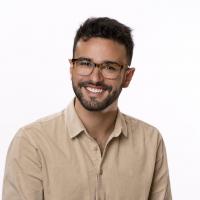
Fernando Aguzzoli Peres
Journalist & Writer
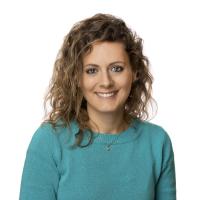
Silvia Rodrigo-Herrero, MD, MsC
Neurologist
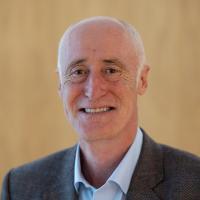
Brian Lawlor, MD, FRCPI, FRCPsych, MRIA
Founding Director, Trinity College Dublin
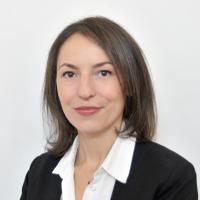
Ştefania Ilinca, PhD
Health Economist

